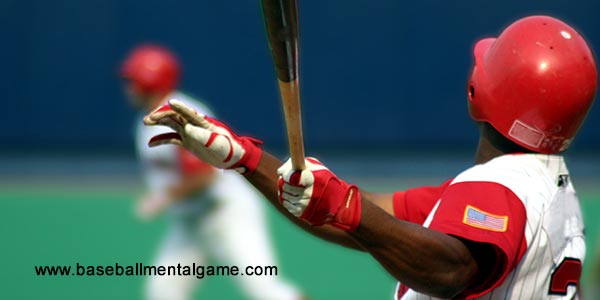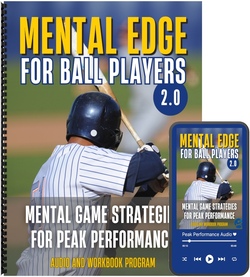Overcoming The Fear of Injury
Injuries are inevitable in sport.
Every athlete, if they compete long enough, will be faced with the adversity of being injured.
Some injuries will be minor, some nagging, some major and some career-threatening.
It is an unfortunate cost of training and competing but something that bonds all athletes across all sports together.
Since most athletes primarily identify themselves through their sport, re-entry into competition can be a pre-occupying endeavor.
There are countless examples of athletes re-injuring themselves while attempting a comeback:
Robert Griffin III (Washington Redskins), Amar’e Stoudemire (New York Knicks), and most recently Derek Jeter (New York Yankees).
Many articles have been written about athletes attempting to come back too soon from injuries or playing through injuries or managing the healing and treatment process.
Bracing is a major factor which greatly increases the risk of re-injury that receives little attention.
Bracing is a mind/body issue occurring when an athlete returns to action and plays tentatively for fear of re-injury.
This bracing tightens muscles around the previously injured body part, restricts oxygen flow and increases chance of re-injury.
Derek Jeter, the 39-year-old veteran shortstop was recently placed on the 15-day disabled list for the fourth and final time this season due to a recurring left ankle injury.
Jeter voiced his frustration with his recurring ankle injury, “The entire year has been pretty much a nightmare for me physically, so I guess it’s fitting that it ends like this.”
Jeter broke his ankle during the 2012 AL Championship series against Detroit.
Jeter initially targeted an Opening Day return to the Yankees’ lineup, but he suffered a setback with a new fracture in the same left ankle.
Jeter suggested the re-injury may have been caused by pushing too hard during the preseason, “I’m the one that put dates out there, I’m the one that said Opening Day.”
Jeter stated it become clear that he couldn’t play when his mobility was restricted, “When I wasn’t moving the way I wanted to move. I wasn’t hitting the way I wanted to hit. I wasn’t doing anything. I wasn’t throwing the way I wanted to throw. I’m sure some of it probably was a little bit mental as well.”
No one knows for sure Jeter’s level of recovery at the time of re-injury or its exact cause.
What I’m talking about with bracing is not the external physical brace fitted by a physician or athletic trainer.
I’m referring to an unconscious fear of re-injury, favoring the injured body part, playing hesitantly which causes physiological tightening of muscles.
Fear of re-injury is natural, but upon clearance from medical staff, proper rehabilitation and no physical restrictions, athletes need to quickly re-learn how to play in a relaxed state similar to their previous style of play.
Managing the fear is the best strategy to prevent bracing.
- Start by having a rehabilitation plan (keep all appointments, perform all daily exercises and prescribed treatment)
- stay positive (focus on what you can control)
- learn new effective methods to relax
- find the potential hidden benefits of injury (possibly the injury timeout will help you develop another much needed area of your game or life)
Related Sports Psychology Articles
- How To Play Confidently Following An Injury
- Avoid This Mistake After Injury
- The Mindset of Being a Team Player
*Subscribe to The Sports Psychology Podcast on iTunes
*Subscribe to The Sports Psychology Podcast on Spotify
Get The Mental Edge for Baseball and Softball
If you have trouble taking your practice game to competition and under perform in games, your mental game might be the culprit! Baseball and softball players contact me everyday wanting to know why they become scared, anxious, afraid to make mistakes, and lack trust in their skills during games…
You might have a ton of physical talent and perform great in practice, but if you can’t get the job done when it counts, something is missing and the problem is an inferior mental game–not talent or motivation.
We’ve spent the last six months developing a program to teach you how to improve your mental game in 8 easy-to-apply lessons–the same TOP lessons that I teach to baseball and softball players everyday in my one-on-one mental coaching program!


